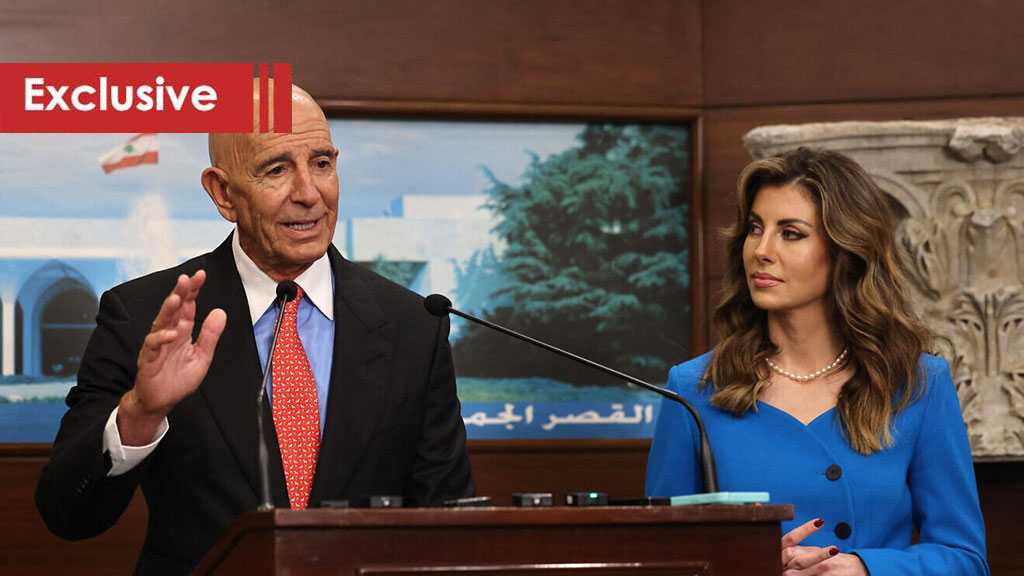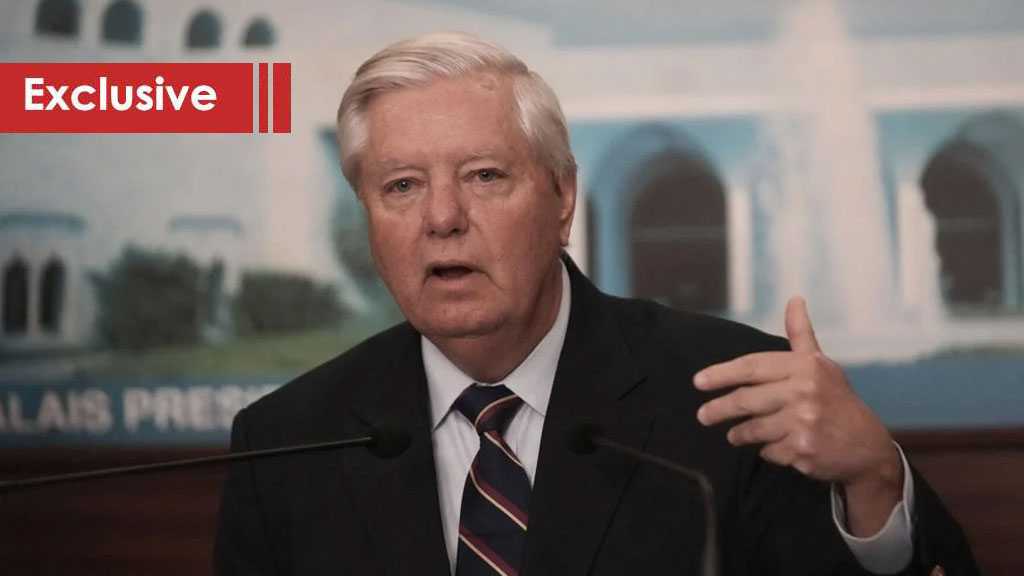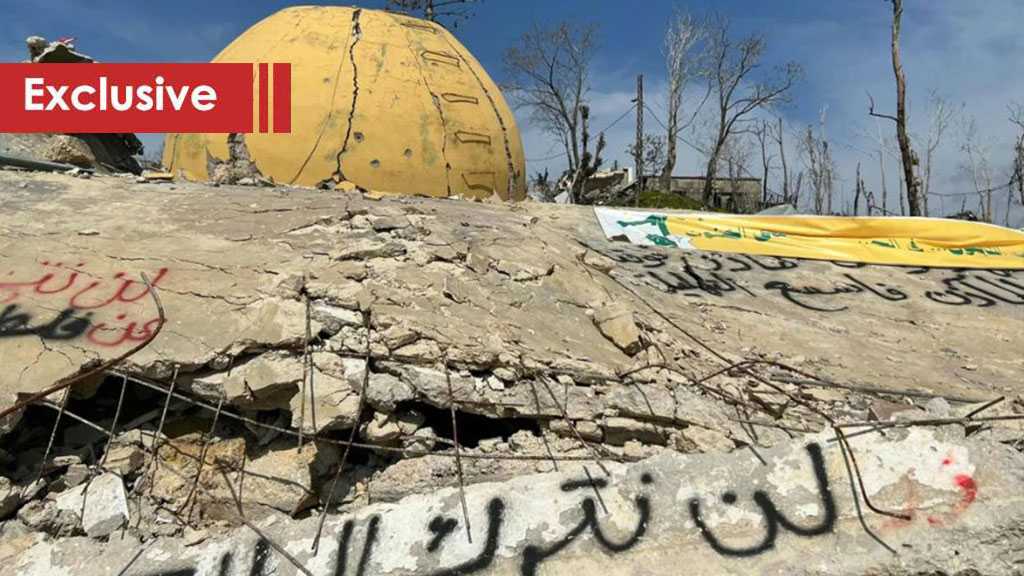
From Blueprint to Bombardment: The ’Israeli’ ’Subjugation Plan’ in Action

By Mohamad Hammoud
Lebanon – The "Israeli" security cabinet's recent approval of "Operation Gideon's Chariots," a plan aiming for the indefinite occupation of the Gaza Strip, marks a significant escalation of its military campaign, which "Israel" officially frames as self-defense. However, this intensification is increasingly viewed internationally not as a spontaneous response to the Hamas operation of October 7, 2023, but as the tangible realization of a long-articulated ideological framework: Finance Minister Bezalel Smotrich's 2017 "Subjugation Plan," also known as the "Decisive Plan."
The Ideological Roots of the Gaza Offensive
Knesset member Ofer Cassif, writing in The Guardian, emphasized that Smotrich's strategic blueprint was conceived long before the current conflict. It focuses on dismantling Palestinian national identity to facilitate extensive "Israeli" settlement expansion. This vision is now unfolding across Gaza and the West Bank, presenting Palestinians with a brutal trilemma: submission with the denial of rights, forced expulsion or death. While originally directed at the West Bank, this logic has extended to Gaza, disguised as a necessity of wartime exigencies.
From Rhetoric to Reality: Gaza's Humanitarian Collapse
The implementation of this plan has led to a catastrophic humanitarian crisis in Gaza. Since October 7, the Strip has faced relentless military operations, resulting in the martyrdom of over 52,000 Palestinian, including many women and children, according to UNRWA reports.
Adding to this devastation is the stringent siege imposed by "Israel," which has obstructed access for Gaza's 2.1 million residents to essential supplies such as food, fuel, medical aid, and vaccines, plunging the population into dire conditions. Humanitarian agencies have accused "Israel" of weaponizing starvation, a blatant violation of international law.
Furthermore, proposed "humanitarian zones" are widely dismissed as unworkable and dangerous, while aid distribution under military supervision risks further displacement and fails to reach those most in need. Amidst this profound tragedy, Smotrich's allies celebrate the destruction as a "miraculous time," underscoring the deeply ideological nature of this military campaign.
International Complicity and Legal Obstacles
The international community's response has been characterized mainly by verbal condemnation without effective action. For instance, UK Middle East Minister Hamish Falconer condemned annexation, yet no concrete sanctions followed. Diplomatic engagement with "Israeli" officials often contradicts public statements, undermining genuine efforts to influence policy.
Adding to this sense of urgency, UN Secretary General Antonio Guterres warns of the two-state solution's collapse, underscoring the urgent need for impactful international intervention to prevent permanent occupation and further violence.
Internally "Israel," legal efforts to curb humanitarian abuses have met significant institutional resistance. The "Israeli" “Supreme Court” has rejected petitions challenging aid restrictions, prioritizing security over humanitarian obligations. Just Security analysis suggests this judicial stance hinders accountability for potential international law violations. Simultaneously, UN experts issue grave warnings of possible genocide, citing systematic destruction, starvation, and civilian targeting as evidence of serious international crimes demanding investigation and accountability. They urge states to move beyond rhetoric to enforceable action.
Silencing Dissent, Empowering Extremism
"Israel's" suppression of dissent reveals an authoritarian shift. This is evident in the case of Knesset member Ofer Cassif, who has been suspended twice for criticizing government policy and supporting South Africa's genocide petition at the International Court of Justice. Cassif has consistently warned that Smotrich's genocidal rhetoric is not a recent development. For example, he points to Smotrich's 2017 call for Palestinian "transfer" as a means to uphold "Israeli" supremacy. Crucially, this long-standing ideology now shapes government policy.
Alongside Smotrich, other far-right figures, such as Itamar Ben-Gvir, have seized the opportunity presented by the October 7 strikes. They aim to accelerate settlement expansion and military aggression, framing the current war not as a defensive campaign but as a historic opportunity to reshape Palestine's demographics and politics permanently. The actions on the ground corroborate this ideological drive.
Human rights organizations, including B'Tselem and Human Rights Watch, have documented widespread violations. These include collective punishment, targeted bombings of civilian infrastructure, and the obstruction of humanitarian aid. Consequently, these are not accidental outcomes but deliberate policy decisions firmly rooted in the logic of the "Subjugation Plan".
Genocide Allegations Rise
Growing numbers of legal scholars argue that "Israel's" actions in Gaza meet the criteria for genocide under the 1948 Genocide Convention, which defines genocide as acts committed with intent to destroy, in whole or in part, a national, ethnic, racial or religious group. The targeting of civilians, systematic displacement, and explicit statements by "Israeli" officials support this assessment.
According to The New York Times and The Washington Post, the International Criminal Court is actively investigating these allegations. Yet Western governments continue to shield "Israel" from consequences. For example, the "Israeli" entity's so-called Foreign Minister Gideon Sa'ar was granted diplomatic protection during a recent UK visit despite his cabinet's alleged involvement in war crimes. As The Guardian noted, this hypocrisy renders international law toothless and emboldens further abuses.
A Crossroads for Gaza and International Law
The future of Gaza and the broader "Israeli"-Palestinian conflict rests on a critical decision: will the international community continue to permit the realization of Smotrich's vision? Or will Western governments move beyond mere rhetoric and impose tangible consequences? This would include sanctions, arms embargoes, and the international isolation of policies that violate fundamental human rights and international law. It should also be noted that such measures are often employed against Islamic countries. As Cassif warned, the current war is being used to implement a long-term domination plan. Palestinians are presented with a stark choice: subjugation, expulsion or death. Allowing these policies to persist unchecked risks not only the destruction of Palestinian society but also the erosion of international norms designed to prevent large-scale atrocities.
Conclusion
The crisis in Gaza reflects the convergence of extremist ideology, militarized policy and global complicity. Smotrich's "Subjugation Plan" is no longer a fringe manifesto—it is being systematically implemented under the pretext of war. Without immediate, concrete international action to halt these policies and restore humanitarian access, the consequences will be catastrophic—not only for Palestinians and "Israelis," but for the very foundations of international law and human rights.



